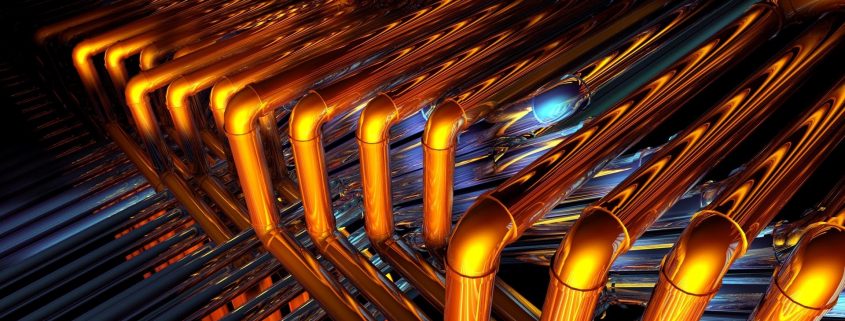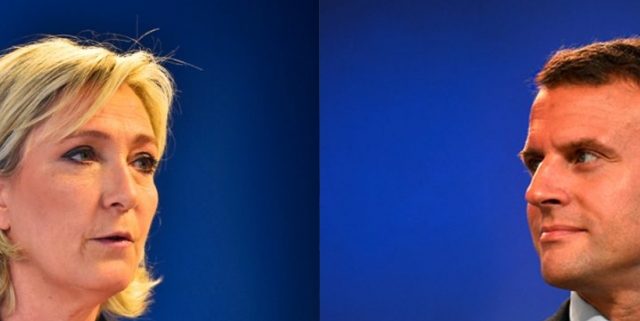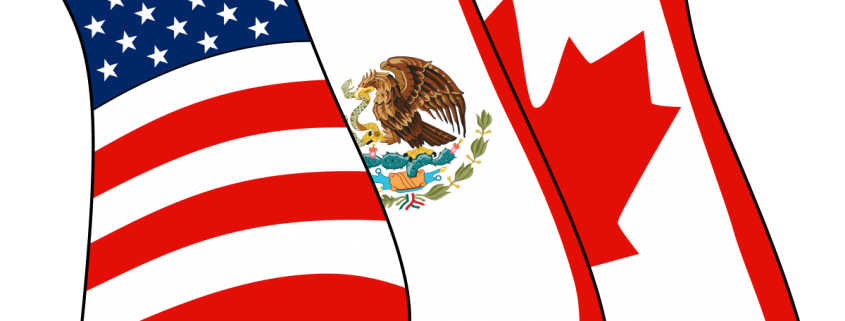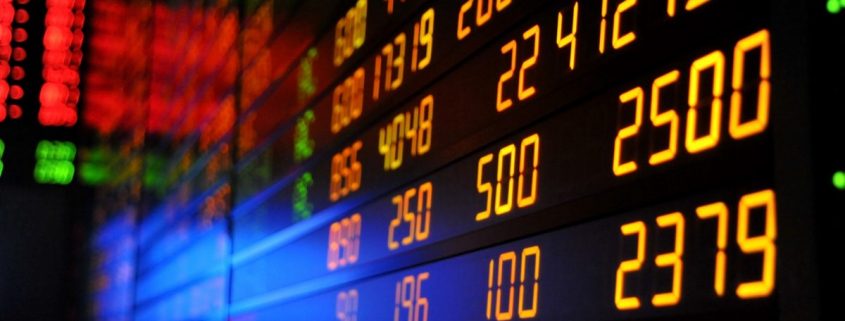LME base metals broadly higher this morning; Copper benefiting from Strike News (Indonesia)
Resume:
Tuesday, May 2: Base metals on the LME were loosely higher this morning. Copper went up over $50 per tonne while a small fall for aluminium was the only decline.
The lead market is tense considerably over the last few days. The cash/threes rate is now at $34/35 backwardation, having widened from $10 last week. This is the widest since May 2011, when it was at $38 backwardation.
Workers strike in McMoRan Inc.

Copper price is benefiting from the news that workers from Freeport McMoRan’s Indonesian unit plan to strike through until the end of the month. This will disrupt production expansion plans at the world’s second largest copper mine Grasberg.
Thousands of workers from the Indonesian unit of Freeport McMoRan Inc staged a rally near its Papua mine. Protesting against layoffs by the miner due to a contract dispute with the government.
- “Freeport is trying to ramp up output and exports at Grasberg after reaching a temporary deal with the government following a 15-week stoppage linked to new mining rules. But customers are concerned that labor unrest could now hit supply.” (Reuters)
Copper edging closer to $5,800/t

Three-month copper price rose $57.50 per tonne this morning, currently trading at $5,792.50. Copper’s three-month price saw steady increases in the last week of April amid reports of workers strikes and distribution issues.
Edward Meir, INTL FCStone, said copper could be vulnerable in May with increased downward bias.
“The market finds itself in somewhat of a soft spot going into [the second quarter] given that the big events driving values higher last quarter, namely the Escondida and Grasberg outages, are now behind us and the next wave of labour negotiations will not take place until later this year,” Meir said.
Copper stocks on the LME fell 6,050 tonnes to 253,675 tonnes.
“Workers at PT Freeport Indonesia had started a month-long strike at Grasberg. Now the market is focusing on the risk of tight supply again, pushing up copper prices.”
Global Market
Donald Trump will announce his infrastructure spending plan within the next few weeks. This is expected to provide the industry with renewed confidence.
“It is said that Trump’s infrastructure plan could create four million skilled trades jobs – Trump’s border wall alone is expected to create 21,000 jobs. While the plan will also drive demand for the metals.”
Aluminium saw a slight decline of $1.50 per tonne this morning. Marex Spectron noted:
- “Aluminium remains the largest spec long of the complex at 28% of OI, but we expect to find some consumer and gamma support with first support between $1800/1900. The price won’t benefit however from any unwind with longs established against shorts across other base metals.”(Metal Bulletin)
Aluminium goes down

The three-month aluminium price was the only metal to see a decline this morning, it fell a small $1.50 per tonne and is currently trading at $1,909.50.
• Aluminium stocks fell 12,050 tonnes to 1,633,325 tonnes.
- The three-month tin price rose $5 to $19,905 per tonne as it gets closer to the $20,000 per tonne ceiling. Stocks fell 150 tonnes to 2,865 tonnes.






 The candidates of the Socialists and conservative party The Republicans were knocked out in the first round on April 23.
The candidates of the Socialists and conservative party The Republicans were knocked out in the first round on April 23.










